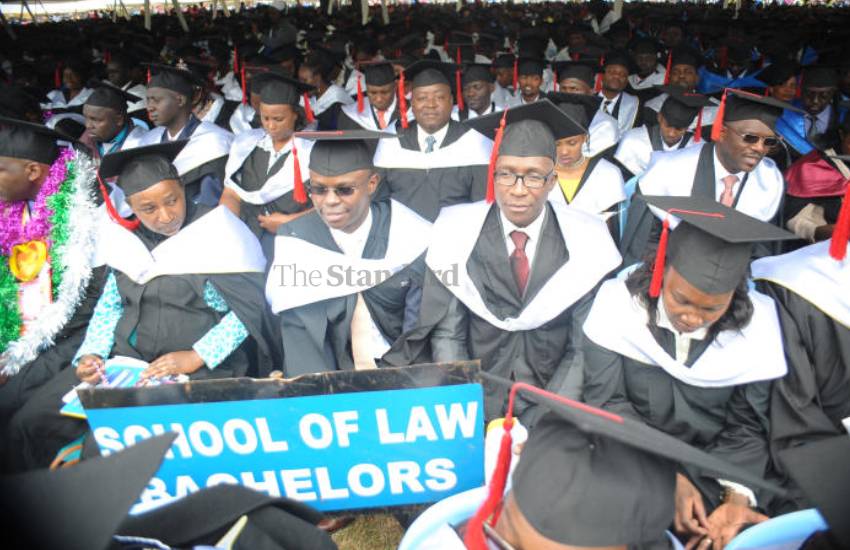×
The Standard e-Paper
Smart Minds Choose Us

Hundreds of new law graduates from Kenyan and foreign universities have been denied admission to the Kenya School of Law for the mandatory Advocates Training Programme (ATP) after the institution determined they did not meet minimum requirements despite acquiring a Bachelor of Laws (LLB) degree.
Some of the affected students appealed their rejection to the Council for Legal Education (CLE) which approves, and accredits all law degree training schools and programmes in Kenya for remedy.






